What to eat during labour…
So it’s not long until the day when you get to welcome your little one into the world. You’ve been stocking up on nappies and you have your hospital bag ready to go… but have you considered what you’ll need to eat and drink during labour? With the average first time labour lasting eight hours, and maybe even up to 18 hours, labour is more of an endurance event than a sprint for many women, so you’ll want to pack some snacks just in case. In today’s blog, I share my top snacks to pack, and why.
Obviously, the duration of your labour is different for everyone, but if you’re going to have a longer labour, it’s important to be prepared with the right foods. One of my sisters is a midwife, and she almost delivered her first baby in the hallway of the hospital, he came so quickly! Yet, my mother always tells the story that she was in labour with me for three days! She says that I was determined from the start, and no matter what the doctors did to induce me, I had made up my mind that I was not coming out until Father’s Day, and that’s what I did. I know, my poor mum, right?!
I have my fingers crossed for you that your labour will be a quick one, but either way, it pays to be prepared.
Traditionally, hospitals discouraged women from eating and drinking during labour, and yours still might….but the latest research shows that fasting during labour is completely unnecessary, especially if you have a low risk labour. In fact, some studies go as so far to suggest that women who eat and drink during labour may actually have shorter and healthier labours…. however, many women don’t feel like eating or drinking during labour, so remember to listen to your own body, and do the best that you can.
So, if you are going to eat, what’s the best choices?
Carbohydrates
Labour is usually a strenuous and long-lasting exercise that requires a significant amount of energy, kind of like running a marathon. Carbohydrates are the body’s preferred energy source to fuel such a strenuous task. Carbohydrate-rich foods are known to help to reduce fatigue and increase muscle strength, both of which are important during labour. So, if you can fuel your body with carbohydrate-rich snacks, particularly in the first stages of labour, then it’s probably a good idea.
Carbohydrate-rich foods include toast (although I’d recommend white or wholemeal instead of grainy bread in this instance); fruit, especially bananas; natural, un-buttered popcorn; dry crackers, breakfast cereal or yoghurt.
Stay hydrated
As with any endurance sports, hydration is very important. You may not feel like drinking, especially if you are vomiting or have diarrhoea, but it is important to keep your fluids up. Many women become dehydrated during labour, and that often results in severe constipation soon after delivery. Isotonic drinks and sports drinks like Hydrolyte, Gatorade or Powerade are a better choice than water because they hydrate your body more effectively, so I’d recommend throwing a few of them into your hospital bag. Some hospitals offer icy-poles, and again, even though you may not feel like it, I’d encourage you to suck on one to help keep you hydrated if you can.
At the end of the day, labour is different for all of us, but if you can, I’d encourage you to snack on some carbohydrate-rich foods, and regularly sip on sports drinks to help keep you well-fuelled throughout the duration of your labour.
As always, I’m here to answer any of your dietary questions, so please feel free to post below!

Get nutritious recipes
straight into your inbox!
Send your details now to receive Melanie’s recipes designed around a range of dietary needs including improved fertility, weight loss, general heath and wellbeing through improved nutrition. Receive the recipes specific to your needs.
As seen in






Share this page
What to eat during labour
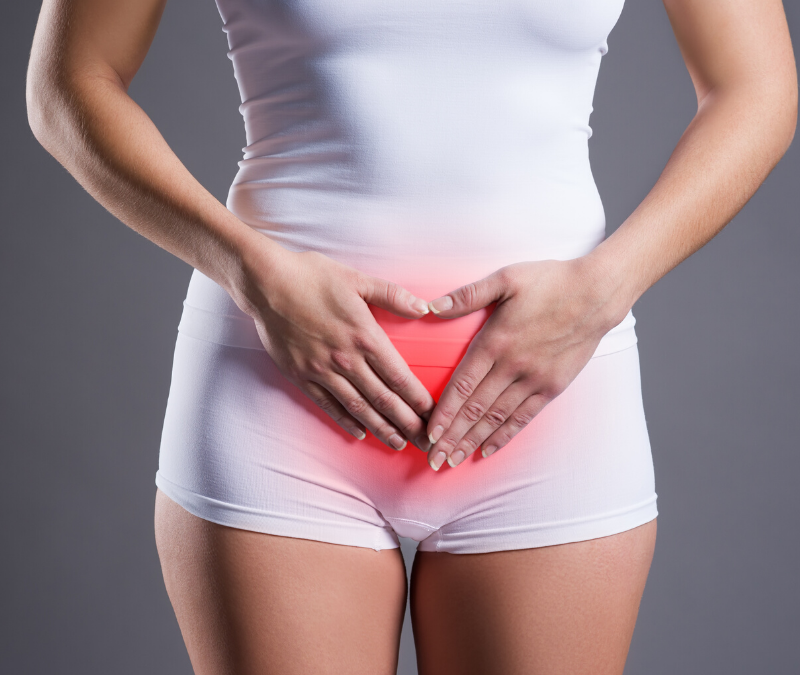
How do I know if I have endometriosis?
Rates of endometriosis are on the rise and it’s one of the leading cause of infertility. You may be asking yourself, ‘how do I know if I have endometriosis?’ Here is how…
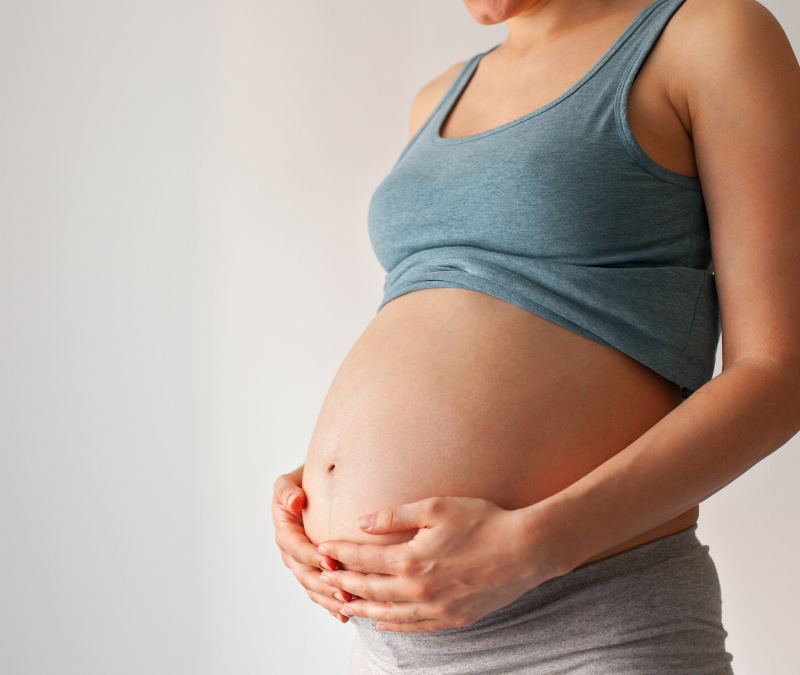
4 nutritional concerns for closely spaced pregnancies
So, you’ve got a little one, and now you’re wondering when it’s safe to start trying for number two (or three or four). Or maybe, you’re already pregnant again, and wondering if there are any nutritional concerns for closely spaced pregnancies? Here are some of the key nutritional concerns for closely spaced pregnancies.
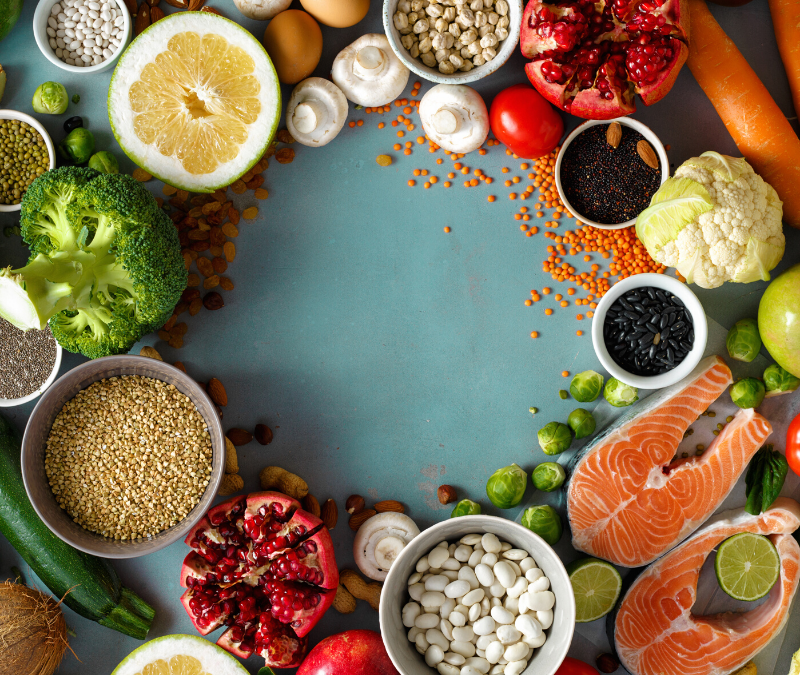
Can diet affect my menstrual cycle?
Has your menstrual cycle been a bit less regular than usual? Or maybe it’s lighter or heavier? If it was previously regular, you might be wondering what’s caused it to change.. You may be asking yourself ‘can diet affect my menstrual cycle?’
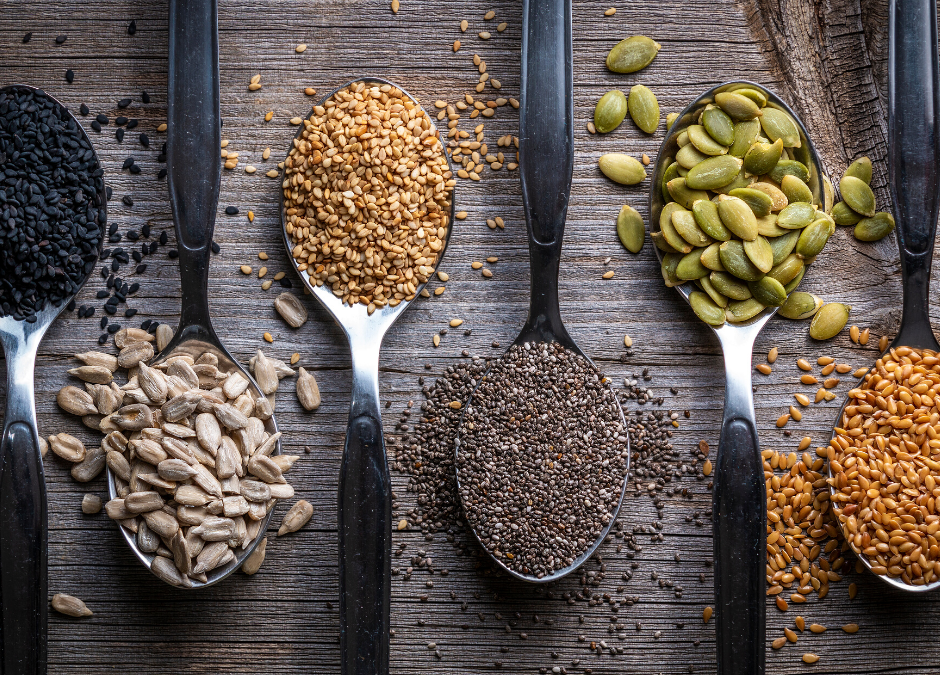
Does seed cycling for fertility really work?
Have you heard of seed cycling for fertility? In this blog I discuss what seed cycling for fertility is, how it’s done and whether or not it really works (based on the research!)
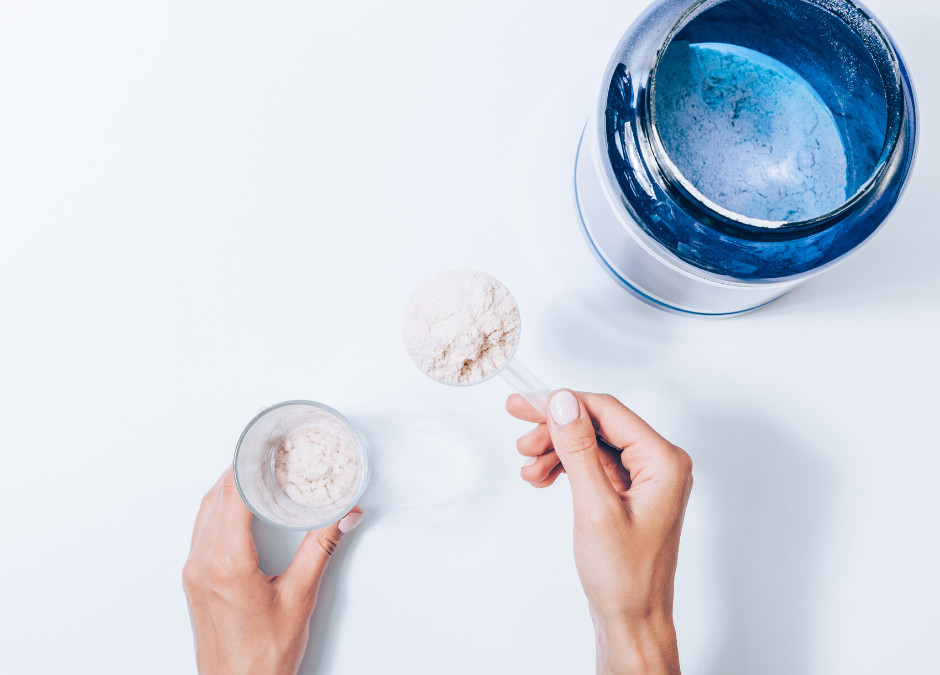
Protein powder during pregnancy: is it safe?
Is protein powder during pregnancy beneficial? Is it safe? I’ve looked at the research and reveal in this blog whether or not protein powder during pregnancy is safe.

Long term risks of GDM: what you need to know now
If you’re pregnant, chances are you have heard the term ‘Gestational Diabetes’. But is it something you really need to be worrying about? Are there long term risks to your health or your baby?
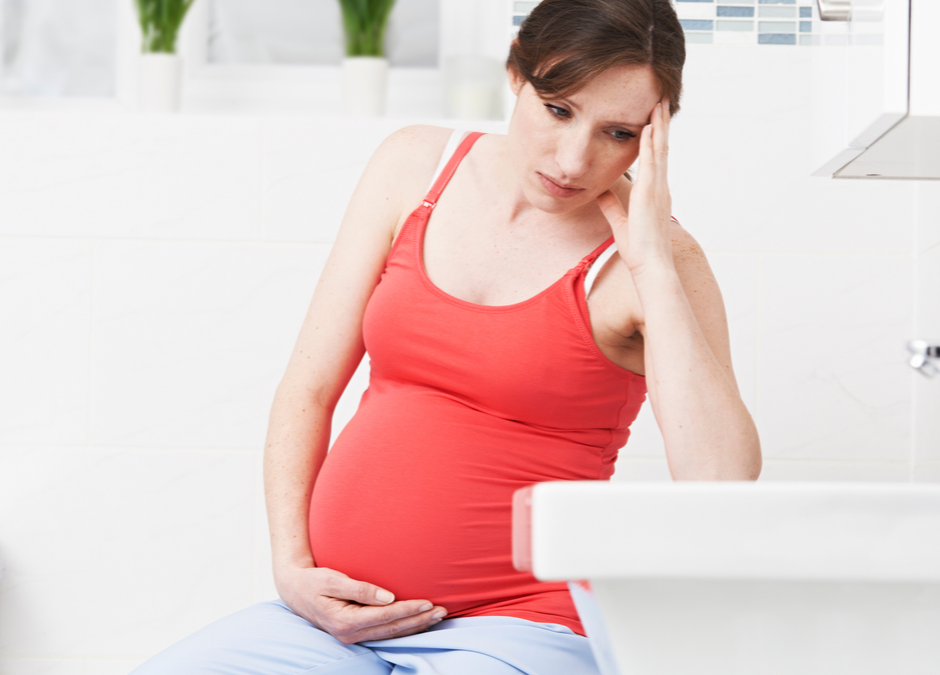
What causes morning sickness while pregnant?
Ever wondered why some women suffer with morning sickness throughout their pregnancy, others only have it for a while and then others have none at all?

Can you increase egg count naturally?
Women are born with all of the eggs that we’re ever going to have, and every month, we lose some more. But, before you give up all hope, research does show that our nutrition is linked to our egg count, so even though we can’t increase our egg count, we may be able to slow the rate of reducing it. Here are a few tips how…

7 Foods that delay menopause
So, you want to have a baby, but your biological clock is ticking. Here are my top 7 foods that may help to delay menopause based on the best currently available evidence.
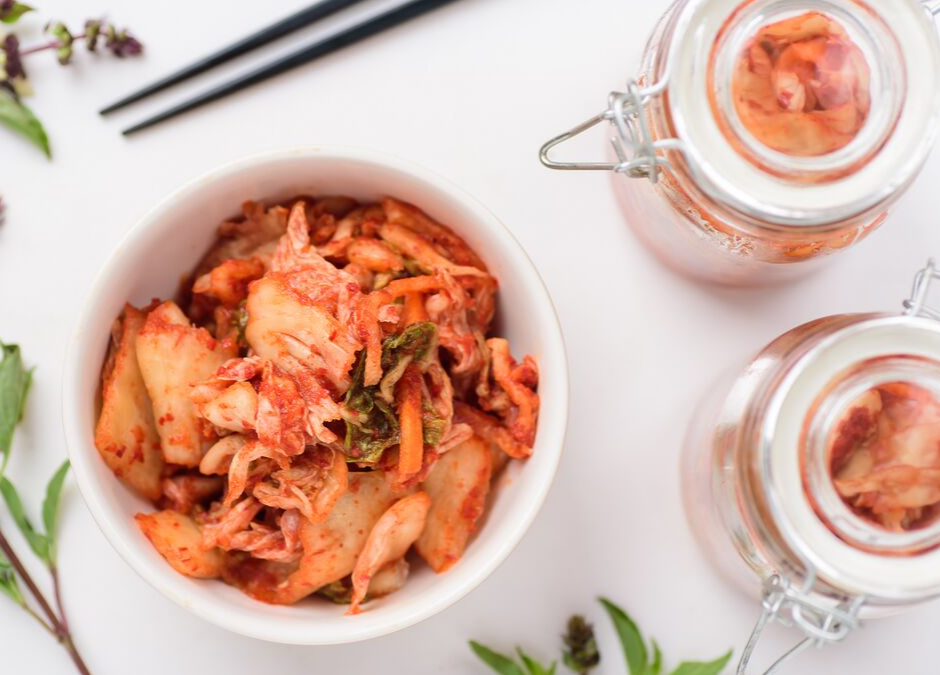
Fermented foods during pregnancy: are they safe?
Sauerkraut, kefir, kimchi… the popularity of fermented foods like these has been on the rise due to their gut health benefits… but are they safe during pregnancy when bacteria such as listeria is a real threat?
As seen in







Get nutritious recipes
straight into your inbox!
Send your details now to receive Melanie’s recipes designed around a range of dietary needs including improved fertility, weight loss, general heath and wellbeing through improved nutrition. Receive the recipes specific to your needs.

0 Comments